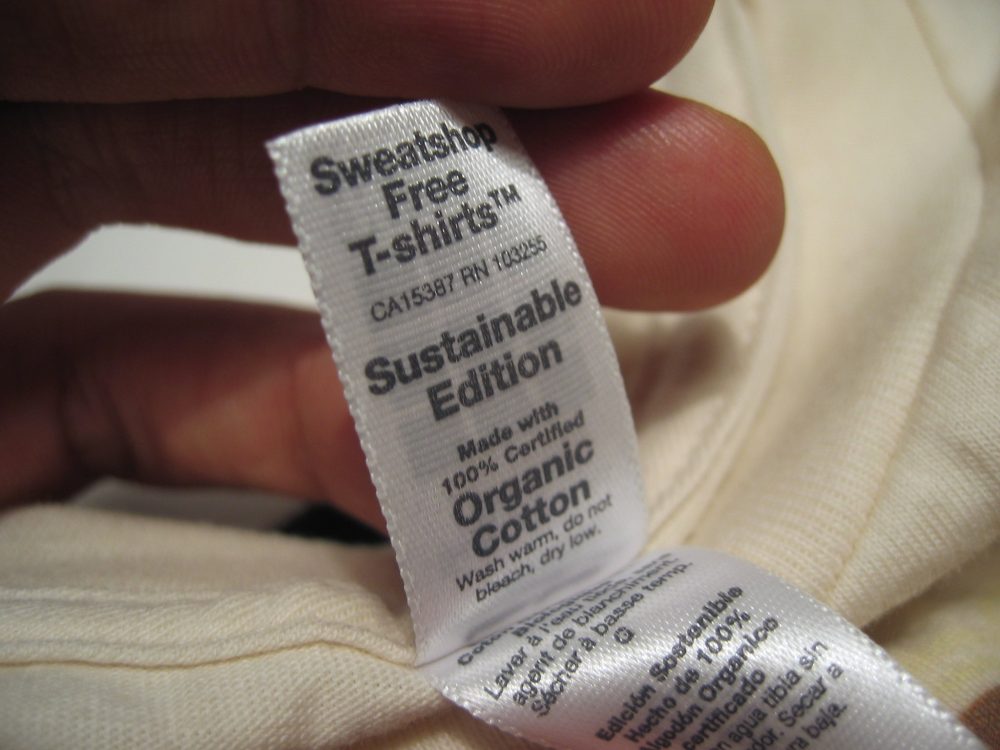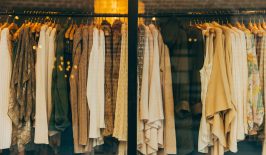Not having any sustainable options when buying a product online should no longer be an excuse for unsustainable consumption choices. The Green Consumption Assistant project sets out to support consumers in easily finding and buying sustainable products.
The basic dilemma that the project team around BCCP Senior Fellow Prof. Felix Biessmann (Berliner Hochschule für Technik), Prof. Tilman Santarius and Dr. Maike Gossen (TU Berlin), and the green search engine Ecosia observed was twofold. One, people say they want to make more sustainable choices but do not act on them when buying products. Two, the existing product catalogues in the retail industry could be used to make sustainable consumption decisions a lot easier and improve the search experience. But what is lacking is essential, the data about sustainable products to feed these systems.
Online Shopping Needs Sustainable Options
For this reason, the research team has developed a comprehensive database (the GreenDB) with sustainability-related product data. Search and recommendation algorithms in e-commerce can use the GreenDB to consider sustainability aspects in their automated decisions. The database is updated weekly and currently contains over 600,000 products from the largest online retailers in several European countries and covers the 37 product categories that were searched for most often on Ecosia. The database shows information on how reliable the sustainability information about a specific product is: whether it has a credible sustainability label verified by a third-party or a label that does not meet high credibility criteria. The database is also used on the Ecosia search page in the Shopping tab to highlight sustainable products.
Earlier this year, the research team examined how trustworthy the available sustainability information in Germany’s largest online shops is, by using data from the GreenDB. Only 14 percent of the products are certified with sustainability labels that meet the research team’s high credibility criteria: This shows how difficult it is for consumers to identify actual sustainable products. The many labels with low credibility prevent comparability and cause confusion and uncertainty. These findings highlight that while retailers have understood the demand for sustainability information they primarily appear to use sustainability information for marketing purposes. In other words, these results demonstrate the widespread and almost uncontrolled greenwashing in e-commerce.
This phenomenon has been recognized by European legislation and is being tackled by the initiative on substantiating green claims. The legal framework proposed aims at ensuring that companies provide evidence of the environmental footprint of their products using standardised quantification methods.
Exposing Greenwashing is Urgently Needed
As a result of the implementation of the European law in the member countries, H&M and Decathlon were reprimanded for misleading marketing claims by The Netherlands’ Authority for Consumer Markets (ACM) this summer. To avoid sanctions, the two retailers have promised to ensure consumers are better-informed and donated several hundred thousand dollars to causes linked to sustainability in the fashion industry. Moreover, ASOS had been announced to be investigated by the Competition and Markets Authority (CMA) looking into potential ‘greenwashing’ issues.
At the same time, the research team has noticed a significant decrease in the number of products from Asos that include statements about their sustainability. Since mid July, the number of products continuously decreased from about 14,000 to almost only 1,000 in mid September. For H&M, the GreenDB also noticed, that since mid June the products certified with the Higg Index have been completely removed.
This indicates that the term “sustainable” is used in an inflationary way, often without any evidence from a third-party certified label with high sustainability requirements. In addition, it shows that the investigations of authorities had a huge effect on how retailers are dealing with sustainability claims. Therefore, political initiatives that examine the many inadequate private labels of other shops for possible greenwashing are urgently needed.
The full article Nudging Green Consumption: A Large-Scale Data Analysis of Sustainability Labels for Fashion in German Online Retail by Maike Gossen, Felix Bießmann and their co-authors is published in Frontiers in Sustainability (open access).
The GreenDB is publicly available in an open repository, allowing future research to draw a more complete picture of the current state of sustainability information in online retail.
This is a guest post by Maike Gossen and Felix Biessmann. Maike Gossen is a post-doc in the Department of Social-Ecological Transformation at TU Berlin and leads the research project “Green Consumption Assistant”, which is implemented together with Ecosia and BHT Berlin. Felix Biessmann is Professor of Data Science at the Berlin University of Applied Sciences and the Einstein Center Digital Future.








